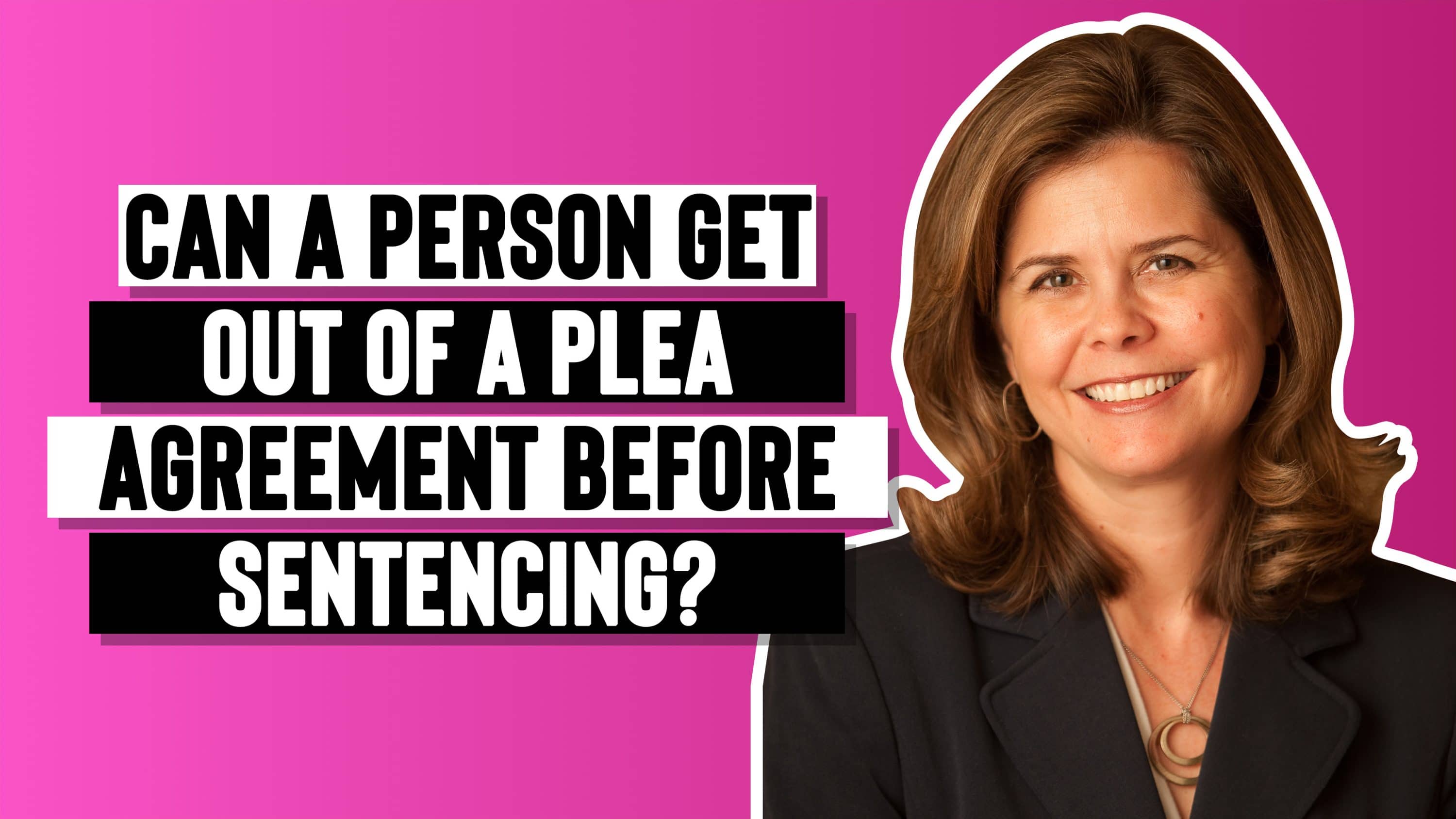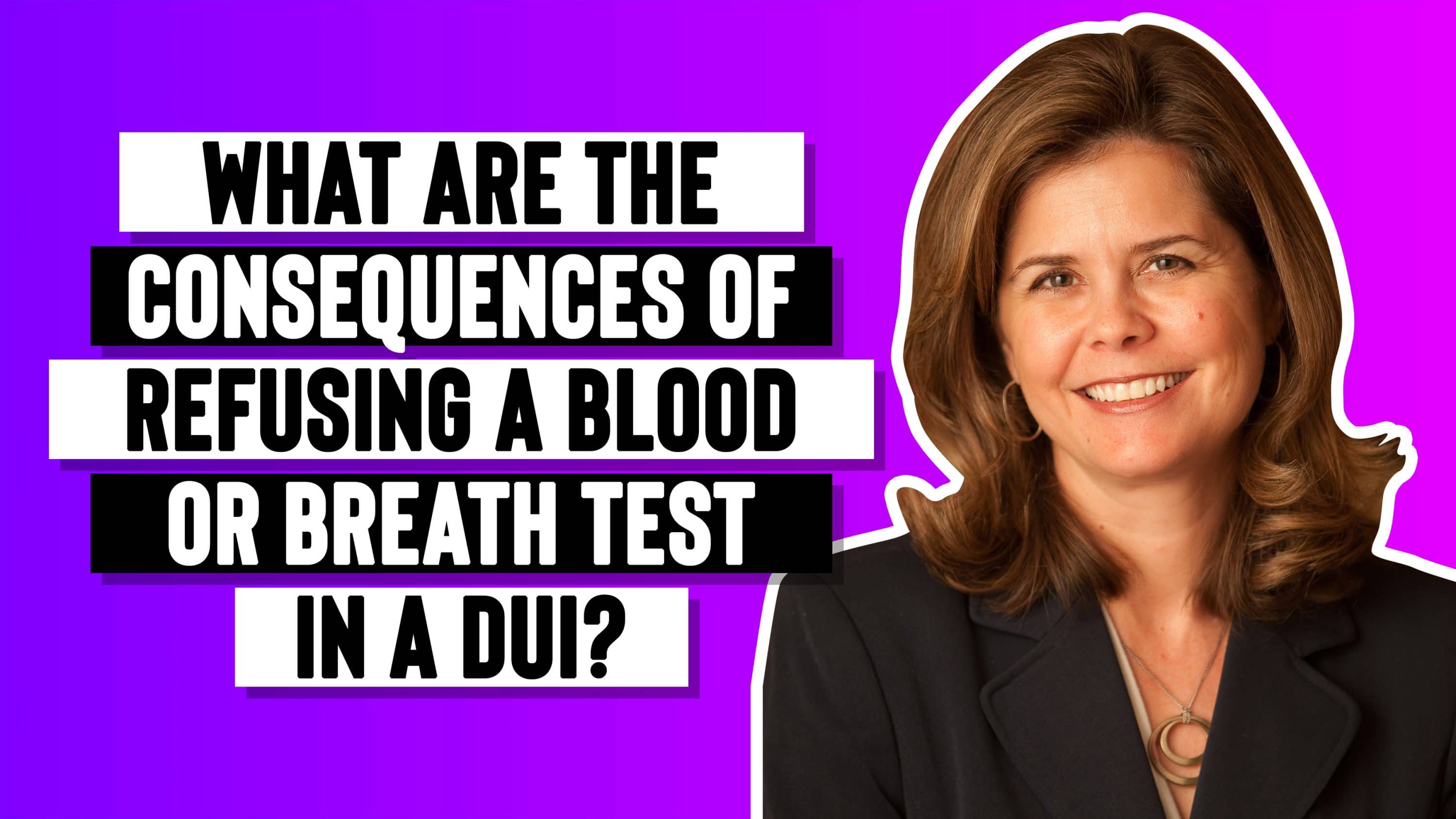
Can a Person Get Out of a Plea Agreement Before They are Sentenced?
When a person gets charged for a crime, they may have the opportunity to enter into a plea agreement with the prosecution. A plea agreement or plea bargain is a concession provided by the prosecutor in exchange for the accused pleading guilty to the crime charged. Depending on the discretion of the prosecutor and the unique circumstances, the concession can be a reduced sentence or punishment.
With the advice of their lawyer, the accused makes the decision of whether or not to enter into plea agreements. While agreeing to a plea bargain is not final and permanent, there are only unique circumstances that allow a withdrawal.
When a Person Can Withdraw From a Plea Agreement
When an accused decides to accept the plea bargain, they need to formally agree to the agreement on the record. This is done in an Arizona court. If the court defers its acceptance of the agreement, either party (both the prosecution and the accused) can withdraw from the agreement without cause.
How to Get Out of a Plea Agreement After Court Acceptance
If the court, however, has accepted the plea agreement in the plea proceeding, withdrawing from the agreement requires a more difficult remedy. The accused who wants to get out of the plea agreement needs to file a motion with the court and prove manifest injustice.
Manifest Injustice
A showing of manifest injustice is a prerequisite to getting approved for a motion to get out of a plea agreement. The accused must prove that they entered the plea without adequate information or evidence beforehand. Manifest injustice can look like the following:
- The accused was given the wrong advice
- The decision to enter into a plea agreement was based on inaccurate information
- There is new evidence that the accused was not aware of before making the decision to enter into the plea agreement
Can the State Get Out of a Plea Agreement?
If it is the State or prosecution that wants to get out of the plea agreement, they are also bound by strict rules and procedures. At the very least, they must provide and establish a good reason for withdrawing.
Commonly, the State opts to get out of the plea agreement if the defendant has breached the plea, such as by providing information that was proven false during further investigation, and if the defendant committed a crime after the plea proceeding and before sentencing. In these instances, the court will allow the State to withdraw from the plea agreement.

What are the Consequences of Refusing a Blood or Breath Test in a DUI?
Driving under the influence (DUI) of alcohol or drugs is among the biggest causes of road crashes or accidents that lead to serious injury or death. As such, police officers are trained to pinpoint signs of DUIs and can ask suspicious drivers to pull over.
To determine intoxication, the police officer can conduct a blood test or breath test. However, this needs to be done with the consent of the driver.
Can the Driver Refuse a Blood or Breath Test?
Consent is a necessary prerequisite to conducting a blood or breath test. Without it, the police officer is without authority to force the driver to abide by the tests to prove DUI. A driver can absolutely refuse to submit voluntarily.
What Happens When a Driver Refuses a Blood or Breath Test?
When a driver refuses to submit to a blood or breath test, the police officer will inform them of the consequences. The driver can either:
- Lose their privilege to drive for at least a year
- Lose their license for two years if they have a prior refusal in another DUI case
In DUI investigations, it’s important that the driver asks to speak to their attorney, who will advise them on what to do regarding the blood or breath test.
What if the Police Officer Does Not Ask for Consent?
There are some jurisdictions wherein the police officer does not ask for consent or goes ahead with the blood or breath test even after a refusal from the driver. In these situations, the driver’s rights under investigation are encroached, which makes it all the more important to seek the advice of an attorney.
A lawyer can properly inform on the steps to take when pulled over for a DUI and answer questions on license suspensions associated with DUI cases.

Medical Marijuana Cardholder: Is That A Defense
Is getting my medical marijuana card a defense to a charge?

Arizona Implied Consent Laws & BAC Tests
Arrested in Arizona on DUI charges? You have already consented to a BAC test.

